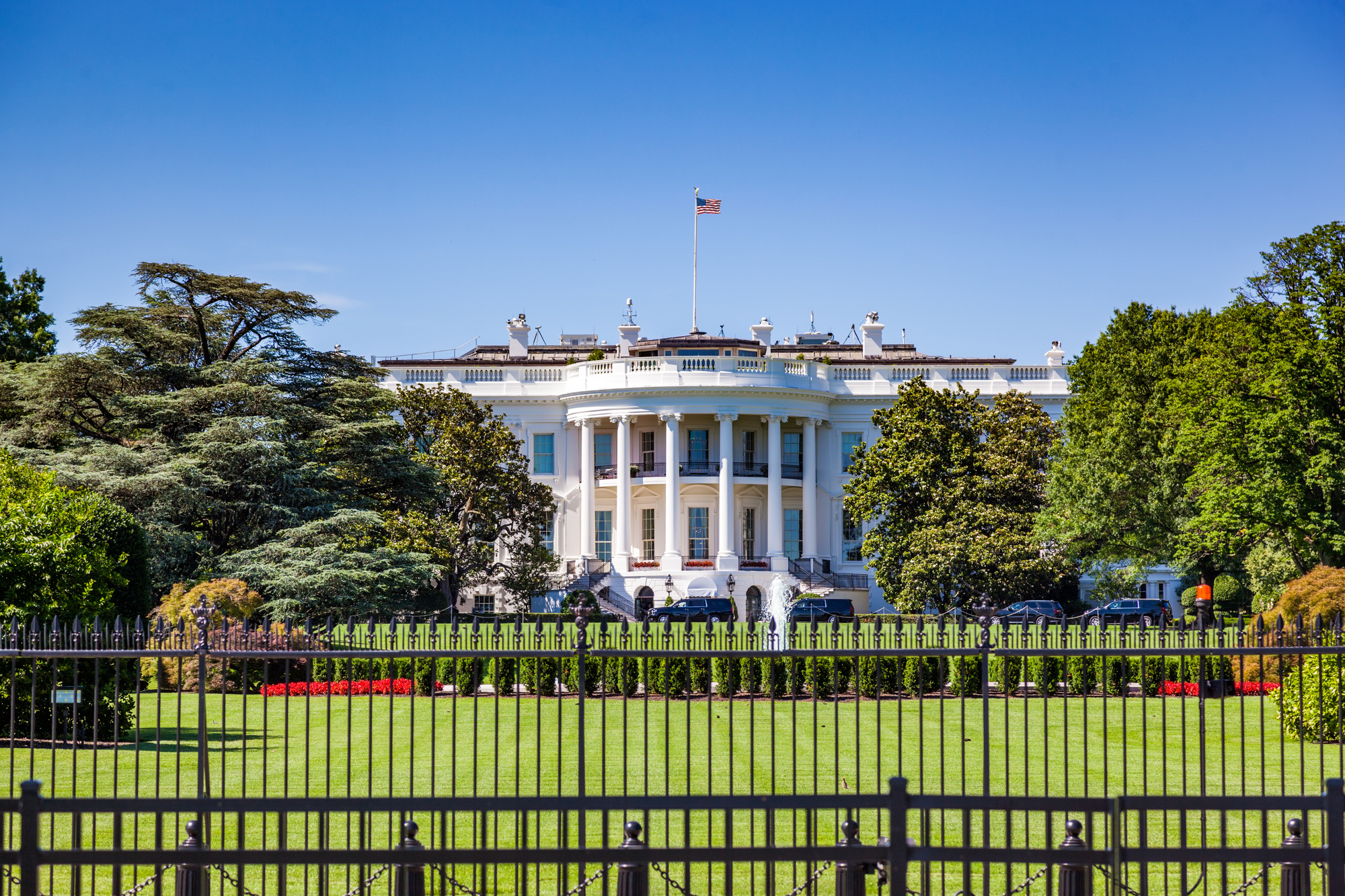Insider Brief
- The White House’s FY 2026 budget proposal maintains funding for quantum research but introduces no new investments or initiatives.
- Quantum information science remains a stated priority area under the Department of Energy and National Science Foundation.
- The budget offers no mention of the National Quantum Initiative or expanded federal support for commercialization or workforce development.
Congress will ultimately decide how much quantum funding is preserved or expanded. But the White House’s proposal seems to be signaling that quantum matters, but it must compete with a number of other priorities.
According to just released numbers, President Trump’s proposed FY 2026 discretionary budget keeps quantum research spending steady but offers no new investments in the fast-developing field, suggesting a more cautious approach to next-generation technology.
According to the White House budget request submitted to Congress, the administration will continue supporting quantum information science research under both the Department of Energy’s Office of Science and the National Science Foundation. These funds, already allocated in prior budgets, will be maintained as part of a broader push to preserve U.S. competitiveness in critical technologies.
But despite ongoing geopolitical and commercial interest in quantum computing, the proposed budget offers no new programs, growth plans, or specific line items for workforce development or commercialization.
Steep Cuts in Science
The budget outlines steep cuts across much of the federal science apparatus, trimming $17.9 billion from the National Institutes of Health and scaling back Department of Energy research deemed part of, what the White House dubs in the document as the “Green New Scam.”
Still, the Office of Science will retain resources for “priority areas” such as artificial intelligence, high-performance computing, fusion, critical minerals — and quantum information science. This maintenance-level support appears to carve out quantum as a protected domain amid broader retrenchment.
“The Budget reduces funding for climate change and Green New Scam research,” the White House wrote, “but maintains U.S. competitiveness in priority areas such as high-performance computing, artificial intelligence, quantum information science, fusion, and critical minerals.”
No Mention of National Quantum Initiative
No increases are proposed for quantum education, public-private partnerships, or translation efforts to move laboratory results into commercial use. Also absent is any mention of the National Quantum Initiative (NQI), the federal law that anchors U.S. quantum R&D strategy. While that program is administered through multiple agencies, its continuation may now depend on future congressional reauthorization or separate legislative support.
This restrained approach comes at a time when peer nations — including China, Canada, and the European Union — are increasing public investment in quantum computing and related technologies. In the U.S., firms like IBM, Google, and IonQ have called for continued federal coordination to maintain momentum.
Ultimately, while the budget confirms the administration’s view of quantum as a strategic area, its omission from any marquee initiatives may leave the field reliant on past momentum rather than new federal backing. Previously, experts have voice concerns that less-than-robust increase investments in quantum could slow the transition from research to real-world application, especially in sectors such as pharmaceuticals, logistics, and national defense, where early demonstrations have shown potential.




0 Comments